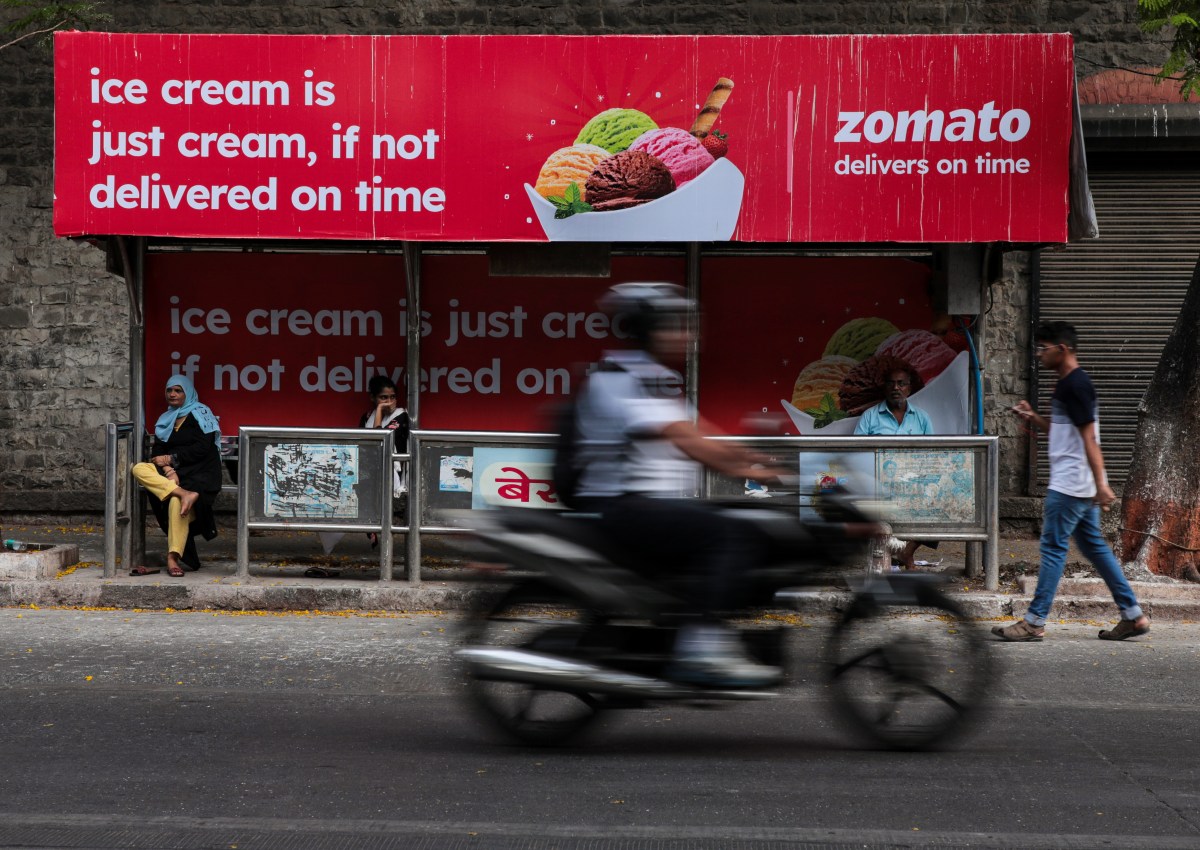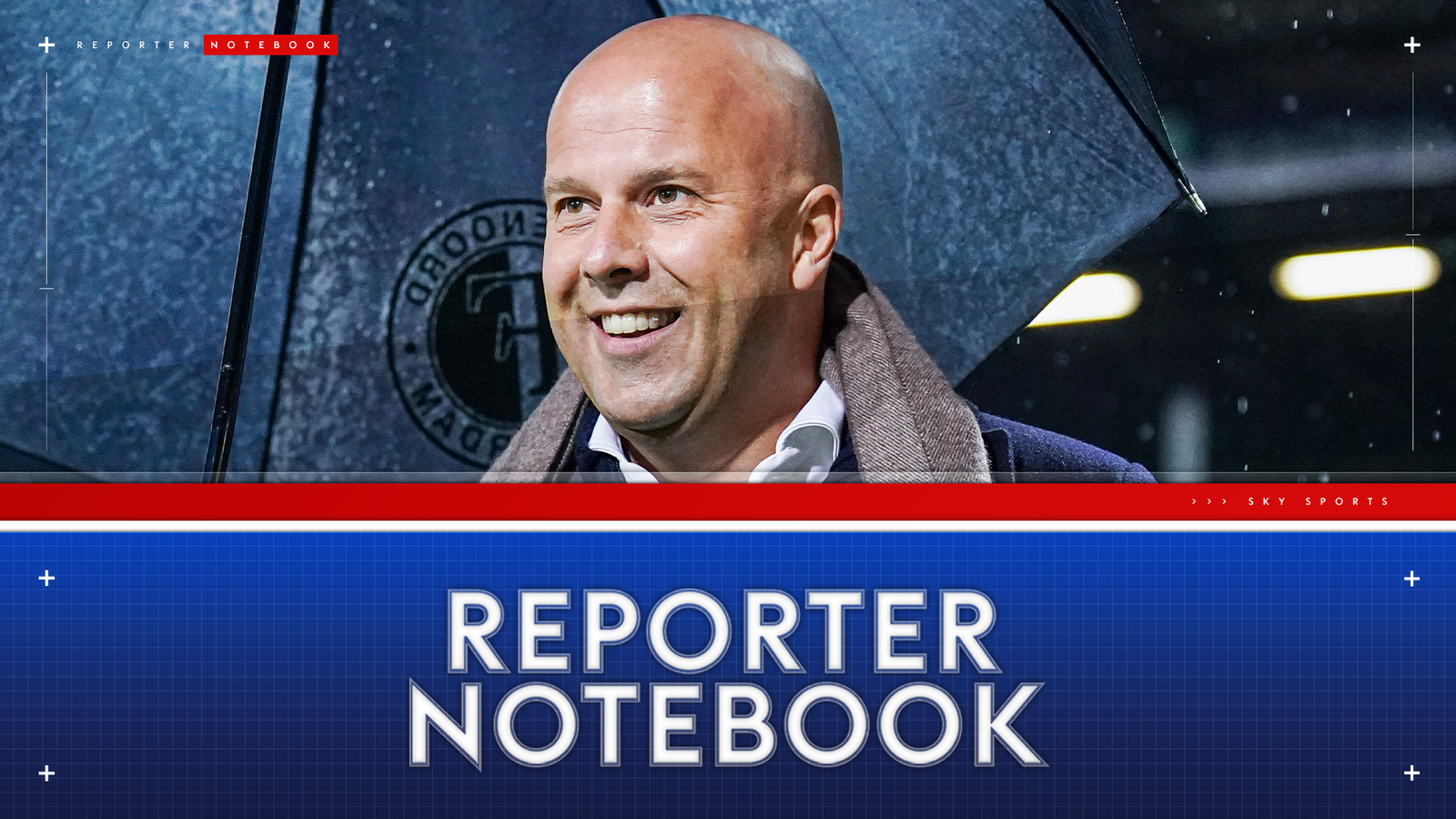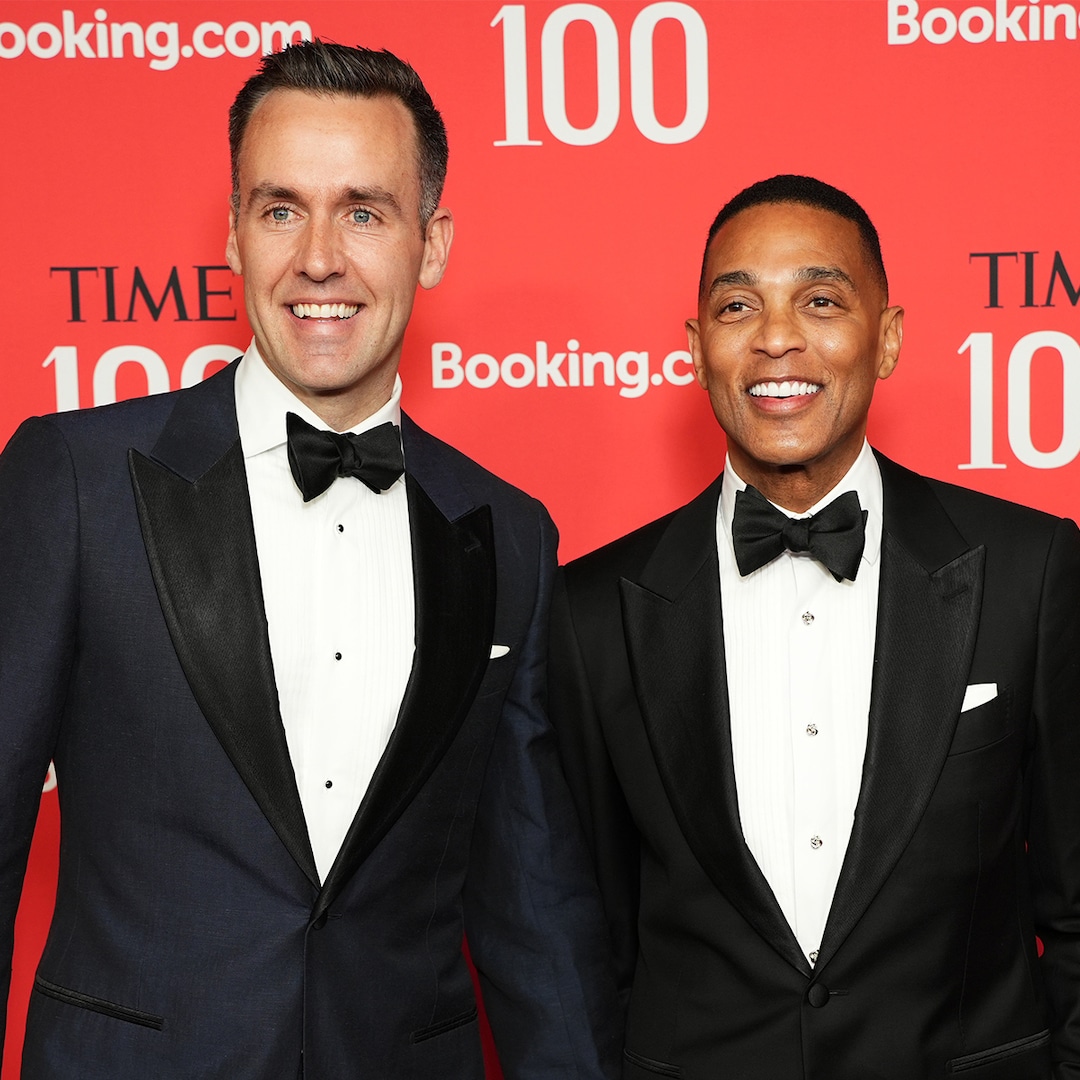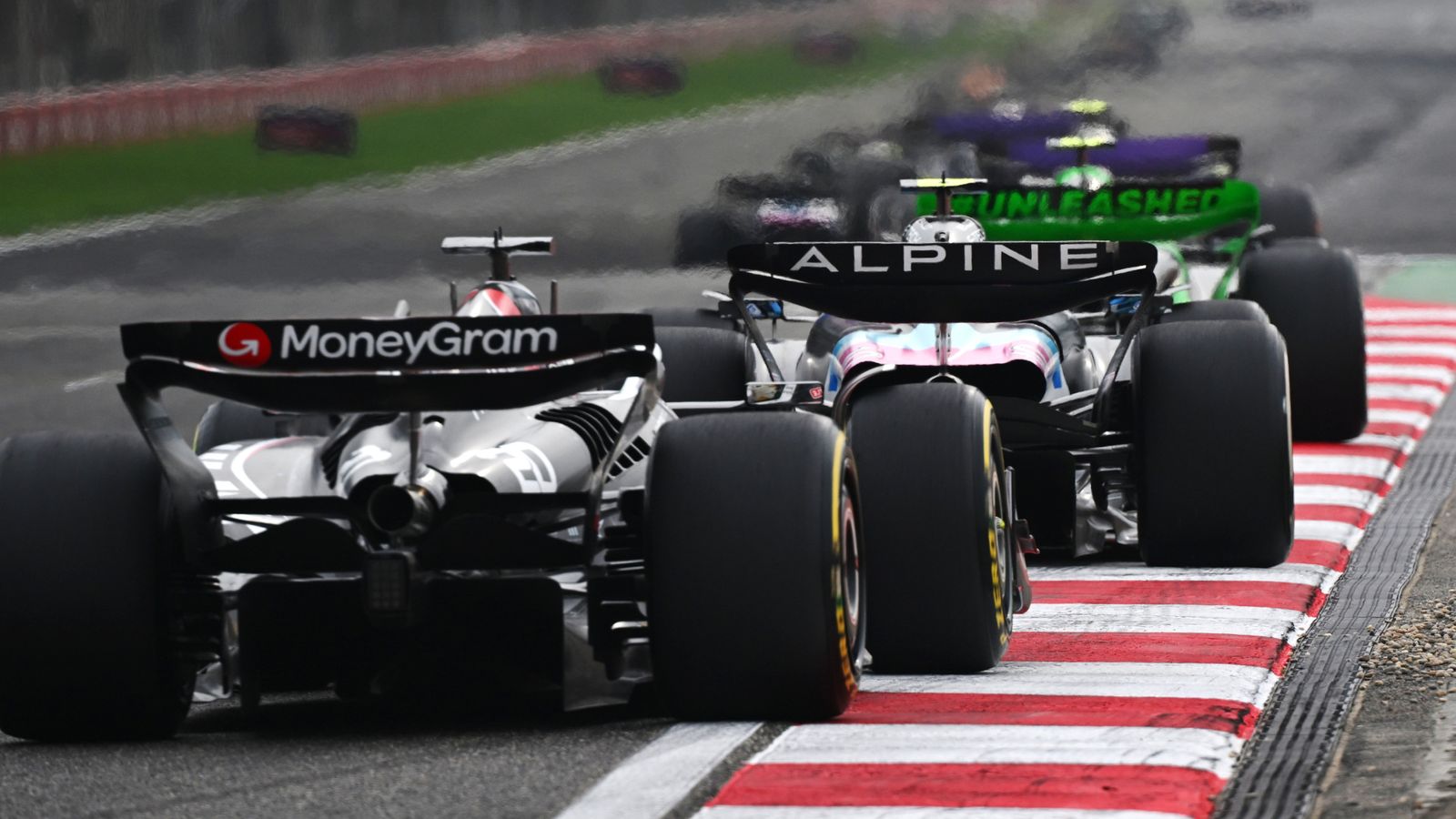It seems pretty clear now that Arne Slot is Liverpool bound. His last game as Feyenoord head coach will be
TECHNOLOGY

A Costco membership is just $20 with this deal
A new Costco membership comes with a free $40 gift card right now. StackSocial Thinking about buying a Costco membership?

Thoma Bravo to take UK cybersecurity company Darktrace private in $5B deal
Darktrace is set to go private in a deal that values the U.K.-based cybersecurity giant at around $5 billion. A

What is Matter? How the connectivity standard can change your smart home
Matter has received much attention in the Internet of Things (IoT) arena since its announcement in late 2019. The CSA, the

Zomato’s quick commerce unit Blinkit eclipses core food business in value, says Goldman Sachs
Goldman Sachs said in a report late Thursday that Indian food delivery giant Zomato’s quick commerce arm Blinkit is now

The FTC’s ban on noncompete clauses could be good for startups. But it also might be struck down.
The Federal Trade Commission voted 3-2 to ban the use of most noncompete agreements on Tuesday. This ruling means companies
World

Are US campus protests against Israel’s war on Gaza going global? | Israel War on Gaza News
EXPLAINER From France to Australia, university students are part of pro-Palestine protests as Columbia students continue encampments. Clashes between students













